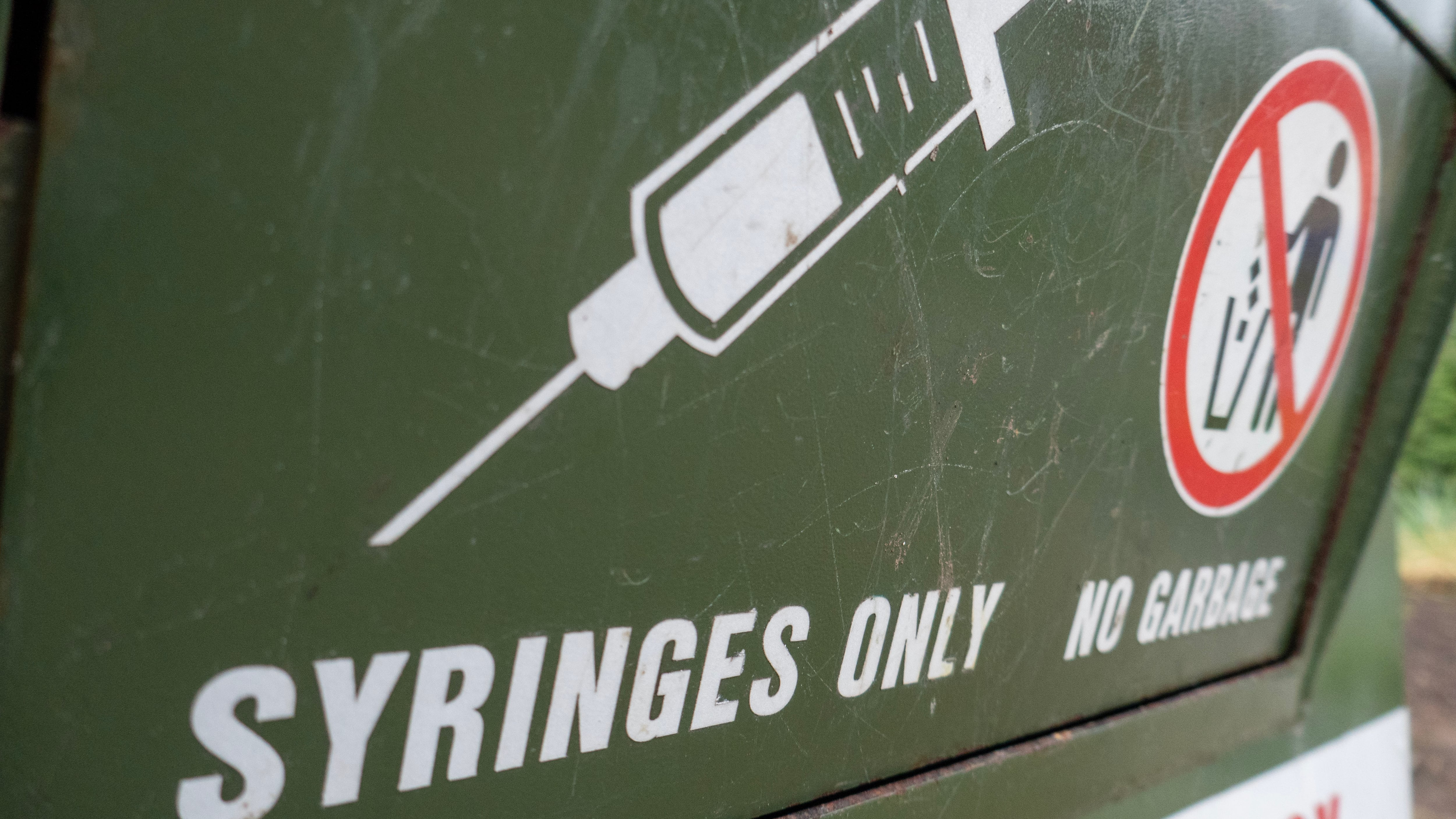Oregon Secretary of State Shemia Fagan this morning released an audit of Measure 110, the 2020 ballot measure that decriminalized many drugs and diverted more than $100 million a year in cannabis taxes to pay for new addiction treatment and related services.
As has been widely reported, implementation of the first-in-the nation measure has been rocky. As auditors conducted what they called a “real-time audit,” which is an attempt to make an assessment before too much time has passed, they found a lack of solid information.
Fagan, whose mother and older brother have had to deal with substance use disorder, said in a press conference that Measure 110 is “personal” to her. “Measure 110 must succeed because people’s lives hang in the balance,” Fagan told reporters. Fagan added that while the audit turned up disappointing findings, it’s far too early to call Measure 110 a failure.
Although much of the information in the audit has been previously reported, audits director Kip Memmott said he found most surprising the “hands-off” stance the Oregon Health Authority took in getting treatment dollars out the door. “That was a little disappointing,” Memmott said.
In response to the overarching question of whether Measure 110 is working, Memmott said, “It’s too early to tell.”
His team’s summary, however, made it clear things have not gone well.
“There is a significant risk that policy makers and the public will be unable to gauge the impacts and effectiveness of M110 due to existing grant management and data collection efforts,” auditors wrote.
They added that the Measure 110 Oversight and Accountabilty Council, which brought together about 20 people, most of whom had experienced substance use disorder, to award grants to treatment providers, struggled to fulfill its duties, and the OHA “failed to provide enough support to ensure implementation of M110 was successful.”
The audit describes a sometimes chaotic past two years. Counties decriminalized drugs soon after the measure passed, but because of a lack of planning and a complex grant-making process, the OAC didn’t allocate $300 million in new funding for treatment and services.
The 42-page report includes many nuggets of information:
*“In 2020, Oregon had the second-highest substance use disorder rate in the nation and ranked 50th for providing access to substance use disorder treatment,” the audit noted.
*“63% of adults in custody at the Department of Corrections experience substance use disorders; however, less than 5% have access to intensive treatment while in custody,” the audit said.
Ian Green, the lead auditor on the project said the paucity of services inside prison walls was the biggest surprise to him—”how few adults-in-custody get treatment.”
*“The M110 statute is vague about the nature of the relationship between OHA and the OAC, and does not enumerate specific support activities and expectations for OHA,” auditors found. “The lack of explicit guidance in this law impeded a timely and effective implementation of the program which was exacerbated by unrealistic timelines embedded within the law. For example, the initial ballot measure required the M110 program be stood up and behavioral health resource networks (BHRNs) be funded in just nine months. Such a timeline is not feasible for a new, complex state program.”
*”Most OAC members lacked experience in designing, evaluating, and administrating a governmental grant application process,” the auditors wrote. “The OAC evaluation process was delayed and then halted altogether as 19 of 23 meetings were canceled between February 9 and April 4, 2022.”
*During the initial implementation of M110, OHA awarded $33 million in Access to Care grants. Little to no data was collected by OHA for these awards, and auditors were unable to determine the effectiveness of the Access to Care grants. OHA could not provide data that showed how these funds were spent or how these grants improved access to substance use disorder treatment and services.
*”Staffing resources dedicated to M110 have ranged from a handful of people to dozens of staff. For example, in February 2022, eight OHA staff were assigned to M110 work,” the audit found. “Although OHA has since increased staffing resources toward M110 implementation, key roles continue to experience staff turnover.”
*”OHA could make hotline metrics more transparent by maintaining a log of all phone calls and sharing these records with the OAC,” the audit found. “Initial hotline metrics do not show significant value derived from the resources allocated to the hotline. During the first 15 months, the hotline had a total of 119 calls, a cost of over $7,000 per call.”
*”OHA has begun efforts to collect some data from M110 providers; however, this effort is limited in nature,” the auditors found. “OHA officials noted many providers were small and new to the state health care system. OHA officials believe imposing rigorous data collection and reporting requirements will be unduly burdensome.”
In a response, James Schroeder, OHA’s interim director, agreed with auditors’ findings and pledged to make changes.
“OHA agrees that the behavioral health system in Oregon needs a comprehensive strategic plan that incorporates Measure 110,” Schroeder wrote. “As new leaders join the agency, OHA will develop a strategic behavioral health action plan, which the agency will evolve and regularly adjust over time based on community engagement, ongoing data collection and funding available to address program priorities.”
